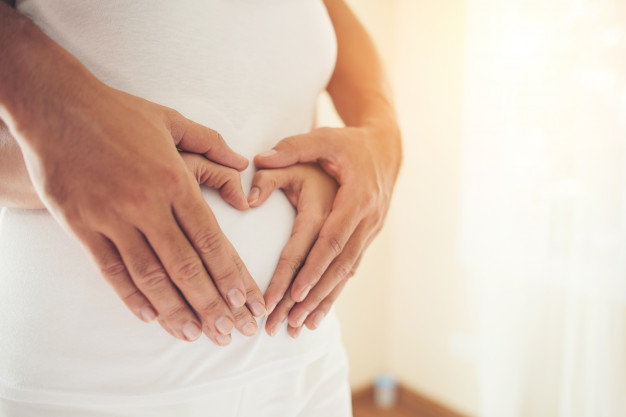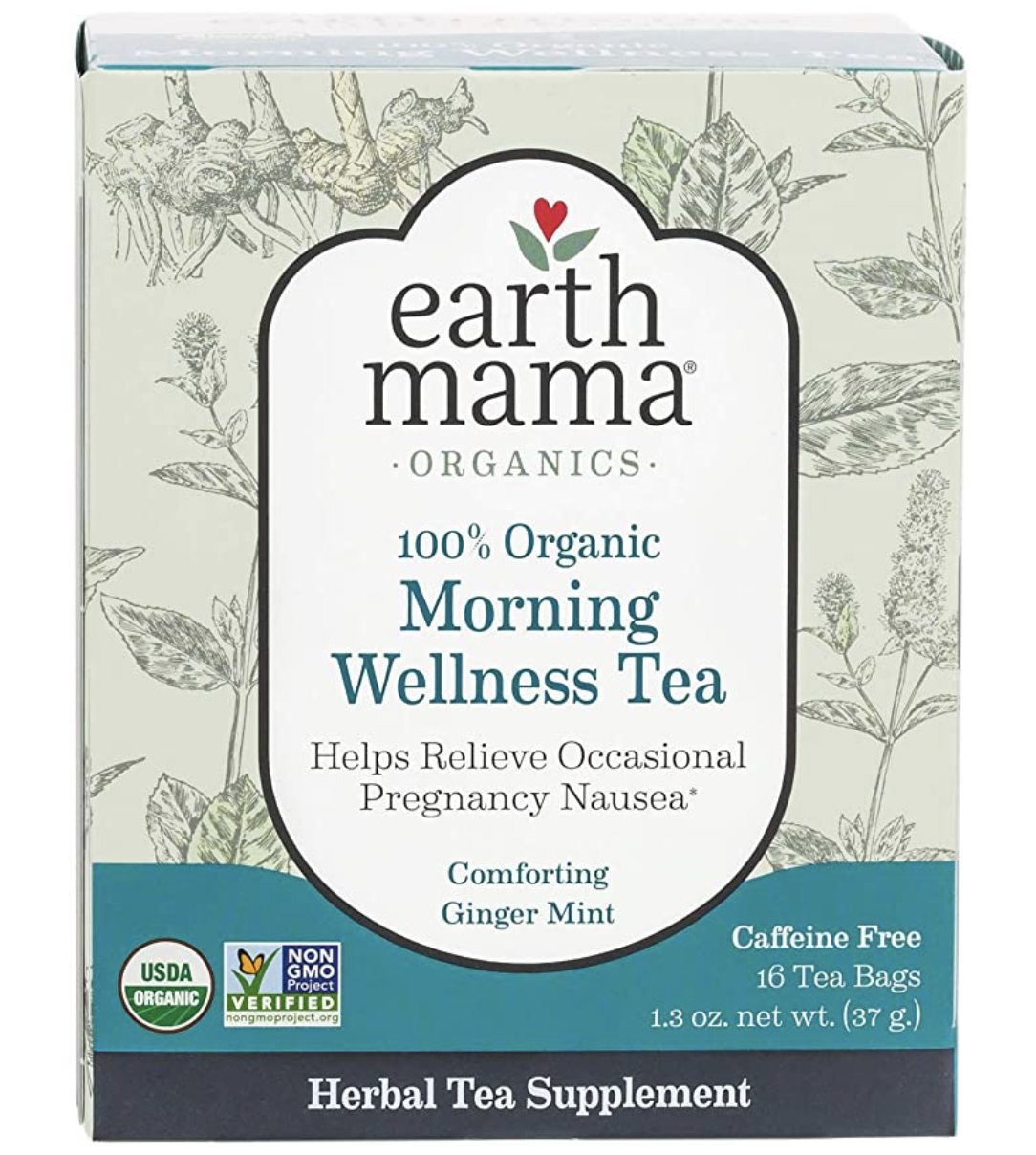Pregnancy – First trimester pregnancy
First trimester pregnancy begins on the first day of last period and last until the end of the 12 week.

Baby’s growth during first trimester pregnancy
During first trimester pregnancy happens a lot. The fertilised egg divides into layers of cells and implants in the wall of your womb where it carries on growing. These layers of cells become a very small embryo. The embryo doesn’t look like a baby or like a fetus. It’s just a lot of cells that multiplies and grows fast.
Around the fertilized egg a water tight sac, called amniotic sac, is formed, filling with fluid gradually. It also develops the placenta that is a round and flat organ that transfers nutrients to the baby and also transfers baby’s wates.
During this trimester, your baby grows faster than at any other trimester.
By the end of the first month, your baby is about 1/4 inch long –smaller than a grain of rice.
About the sixth weeks, a heartbeat can be heard and by the end of the twelve week, baby’s muscles, bones and all the organs of the body have formed.
Here is a summary of the main changes of the fetus during the first trimester:
| Heart | Week 5 | Baby’s heart begins to beat although probably you won’t be able to hear it until week 9 or 10. |
| Bones | Week 6 Week 10 | Baby starts to sprout arms, legs, hands and feet. Fingers and toes are formed. |
| Skin | Week 5 to 8 | Between weeks five and 8 skin is formed. |
| Brain | Week 8 | About week 8 baby’s brain begins to develop. |
| Hair and nails | Week 11 | Hair and nails are formed. |
| Digestive system | Week 8 | Intestines and kidneys begin to be formed. |
| Eyesight | Week 4 Week 8 | Optic nerves and lenses begin to form. Retina begin to form. |
Mom’s changes during first trimester pregnancy
- Weight: Pregnancy is one of the few times when weight gain is good. But it is important not to gain too much weight. During the first trimester, the recommended is to gain about 3 to 6 pounds. You only need about more 150 calories a day during your first trimester and it is important to get those calories eating healthy food as vegetables and fruit.
- Bleeding: during first trimester is usual to experience slight bleeding. However, if bleeding is significant or if there is abdomen’s pain you should call your doctor because these could be signs of a miscarriage or ectopic pregnancy that is a pregnancy with the embryo implanted outside of the uterus.
- Sore breast: this is one of the first symptoms of pregnancy. You should use a support bra to feel more comfortable.
- Fatigue: it is normal to be fatigued during the first trimester. Rest as much as you need during the day. You should be sure that you are getting enough iron.
- Aversions: more than half of pregnant women have food aversions. Pregnant women also experience food cravings
- Urination: although during first trimester your baby is still small, your uterus is growing and it is putting pressure on your bladder so, it is normal to feel like you have to go to the bathroom constantly. You should continue drinking but avoiding caffeine.
- Mood swings: as your hormones are changing and fatigue increases you can suffer mood swings. Try to talk with your partner or with your family about it in order to get help from them.
- Nausea: nausea in the mornings is one of the most usual pregnancy symptoms. It is the result of the change of your hormones. To calm nausea try eating small, bland or high protein snacks.
- Heartburn: your body is producing more progesterone during pregnancy. This hormone relaxes muscles and this relaxation can produce acid reflux. To avoid it, eat frequently and don’t lie down after eating. Also avoid spicy and acid foods.
Recommendations to deal with the symptoms of the first trimester
There are some remedies to combat pregnancy nausea:
- Try to take prenatal vitamins with food in order to trick your stomach into focus on the food and not the vitamin.
- Drink water in order to be well hydrated. Dehydration can lead to early contractions, low amniotic fluid, increased fatigue. It can also make nausea worse. Dehydration can also be a symptom of preeclampsia later in pregnancy.
- Eat frequently small meals avoiding fried food.
- Acupressure: it is a simple choice helpful for nausea
- Ginger: it is a good pacifier for all types of nausea. There are different choices if you don’t like ginger.





